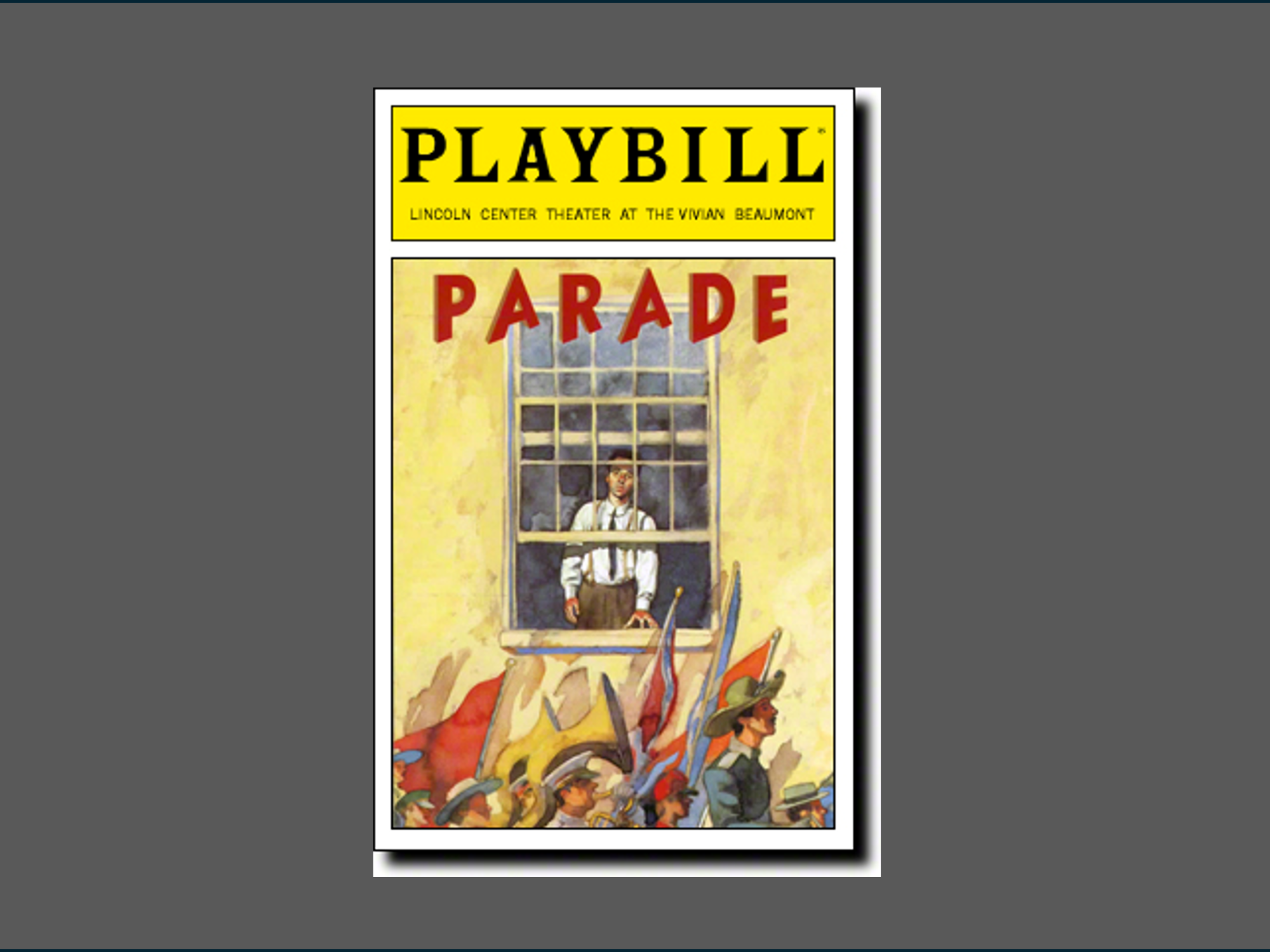Caroline Wurtzel, M.D., is an orthopedic surgeon at Chelsea Hospital. In a recent conversation with The Sun Times News, Dr. Wurtzel discusses carpal tunnel syndrome and chronic hand pain, why people experience it, and the available treatment options.
STN: What is carpal tunnel syndrome, and how do people develop it?
Dr. Wurtzel: Carpal tunnel syndrome is a very common condition I see and treat in the Chelsea community. It affects the hand and arm, causing symptoms such as pain, numbness and tingling. What’s happening is the median nerve, which helps your hand move and feel, gets pinched as it passes through a pathway in the wrist called the carpal tunnel. The nerve doesn’t have enough space, and that’s when symptoms kick in.
There are a few reasons it might happen, including typing, gardening or even knitting. Essentially, anything that makes you have the same motions in your hand over and over again. Other ways to get carpal tunnel syndrome include keeping your wrist in an awkward position or living with conditions like arthritis or diabetes.
If you’ve ever experienced these symptoms, you’re far from the only one. Whatever the reason, I always encourage people to come in and chat. There’s a lot we can do to relieve that discomfort and get you back to doing the things you enjoy with ease.
STN: How important is it to get carpal tunnel treated quickly?
Dr. Wurtzel: I encourage anyone experiencing this to seek treatment. There is a high likelihood of symptoms getting worse over time if it is not treated in a timely fashion. In fact, symptoms can become so bad that common treatments don’t work as well, which could then lead to the patient requiring surgery or permanent symptoms that might not improve with time. For my own patients, I like to recommend non-surgical intervention as a first resort, if we catch it early enough.
STN: What are some of the common treatments for carpal tunnel?
Dr. Wurtzel: As mentioned previously, if diagnosed and treated early, symptoms of carpal tunnel are commonly relieved with non-surgical treatments. These can include wearing a wrist brace or splint — especially at night — making changes to our environment at work or home, and receiving injections to reduce inflammation. These treatments aim to relieve pressure on the nerve and reduce symptoms.
If these options fail or if symptoms are severe, surgery is the next step. Surgery involves releasing the carpal tunnel, which takes pressure off the median nerve.
STN: What other conditions do you commonly treat?
Dr. Wurtzel: Other conditions I treat that cause chronic pain or discomfort include cubital tunnel syndrome, tendinitis, arthritis, and nerve and tendon injuries. Cubital tunnel syndrome is a condition where the ulnar nerve, which runs along the inner elbow, becomes compressed or irritated. It’s often caused by frequent elbow bending, leaning on it for extended periods, or repetitive arm motion. Symptoms and treatment options are similar to carpal tunnel syndrome.
Tendinitis is when a tendon is irritated or inflamed, while arthritis has to do with joint irritation or inflammation. Tendinitis is commonly treated with rest, ice, anti-inflammatory medication and physical therapy, while treatment options for arthritis can include medications, joint-friendly exercise, splinting, and in advanced cases, surgical intervention such as joint replacement or fusion.
Nerve and tendon injuries are also very common and can range from mild strains to complete ruptures or nerve entrapments. Symptoms can include sharp pain, weakness, numbness, or difficulty with hand and arm movement. Rest, physical therapy, bracing, and anti-inflammatory medication are the common ways to treat these injuries, but there are some extreme cases like nerve lacerations or tendon ruptures that may require surgical intervention.
STN: Is there anything else you wish to share?
Dr. Wurtzel: I just want to reiterate that if you’re dealing with persistent arm, hand, or wrist discomfort, don’t put off seeking treatment. You don’t have to live with pain or discomfort. Getting it evaluated as soon as possible can be critical in preventing long-term issues.
Helping patients identify the source of their pain or discomfort and developing a medical solution to reduce or eliminate it is what I do best and why I love what I do. At Chelsea Hospital, we’re here to help. Whether it’s carpal tunnel, arthritis, tendinitis, or a nerve or tendon injury, timely care can help restore function and get you back to living a pain-free life.
For more information and to schedule an appointment, please visit trinityhealthmi.org/ortho.






 8123 Main St Suite 200 Dexter, MI 48130
8123 Main St Suite 200 Dexter, MI 48130


